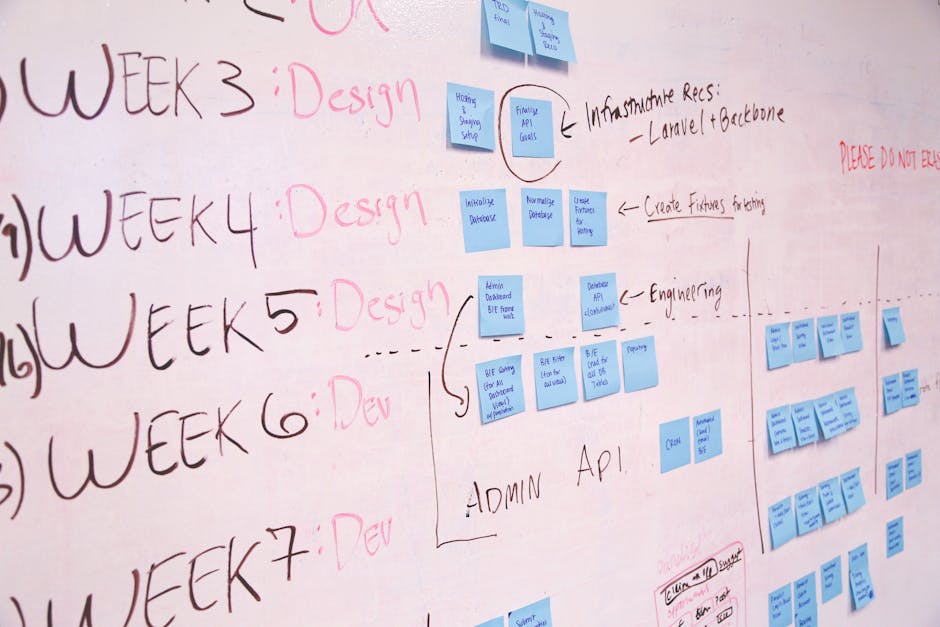Is there anyone on this earth that can say they’ve never missed a deadline? It’s interesting how feasible either answer can be. Is it possible someone exists who has never missed a deadline? Perhaps there exists some hermit somewhere, living on their own with no deadlines to meet. Regardless, what are deadlines and why do they exist?
Deadlines are time limits on tasks that are meant to help you accomplish them. Sometimes they are there to ensure you finish a project by a certain date for a client. Other times, they provide motivation on a journey through self-improvement. How can something thought to be essential to task completion be so often overlooked, put off, and create such stress for those utilizing it? Why do people dread deadlines?

Deadlines are successful when it comes to tracking progress on a task because they quantify progress with time. Quantifying tasks and progress is important for goal completion and personal gratification. It allows people to take mental note of their development and motivates them to continue. Where many people run into trouble is they either underestimate the amount of time a task demands or spend that time working on something else for one reason or another. Fear not, there are small measures you can take to overcome the cycle of missing deadlines that will save you a lot of headaches.
Are you constantly running out of time, desperately trying to complete a task at the last second, or turning projects in late? If this is a consistent issue, the culprit is probably that you are underestimating how much time you really need to set aside. Instead, plan out extra time, longer than you would think you need to work on a project, from the start. If you wind up not needing it, you can reward yourself with the extra free time. It’s a win-win situation. Another thing to keep in mind, you never know when something will go wrong and wind up with you having to spend more time than expected to fix it. It’s always best to plan ahead and overestimate the length of a task rather than over.

Another great approach to both motivating yourself to accomplish a task and to achieve a better quality of work or knowledge retention is to take short breaks when necessary. Short, frequent breaks can help you feel refreshed and are often better than trying to grind through a project on low energy. Would you rather take a ten-minute break and read an article in fifteen minutes or have to re-read the article three times in forty-five minutes because you couldn’t pay attention or missed key details? On the other hand, check that your breaks aren’t so frequent or long that you are wasting time or stalling. Be honest with yourself and remember that the work will have to get done one way or another. Remember also, you’ll feel much better when the task is completed and no longer looming over your head.
Struggling to complete tasks or a tendency to give up once the deadline approaches can indicate that you are overwhelmed. Challenges, especially new challenges, often cause us stress that results in delaying a project. Delaying a project enough not only causes unnecessary stress close to the deadline but can result in work that is late, sloppy, or incomplete. With that in mind, don’t delay a task that overwhelms you. It will only cause more problems later on. Take advantage of the time you have to accomplish a project. Break it down into smaller, easily accomplished tasks. If the task is new or overwhelms you, remember you can always ask for advice and set aside time to research it on your own. It’s easy to get overwhelmed by a project as a whole but remember, everyone climbs a mountain one step at a time.

A deadline can sometimes be unrealistic or can have you struggling to make time for a task. In those situations, you can usually talk to someone and explain your situation to create a new, realistic deadline or get some extra help on your project. Deadlines should be realistic and help you accomplish a task, not deter you from it. It’s important to recognize when something is obtainable and when it isn’t. Make sure to tackle these situations early on when the project is assigned. If you speak up as the deadline approaches, it can seem like the project was put off and you can lose your credibility. If you are unsure if you will be able to but want to try and complete the project within the deadline, mention this early on as well so that you don’t wind up shooting yourself in the foot later if you can’t finish on time.
The ability to use deadlines to your advantage is an extremely useful tool to have in your skill set for use in and out of work. The better you can manage deadlines the less stress you will have, the more you can accomplish goals you set for yourself, and the more successful you’ll be. Breaking the cycle of procrastinating or missing deadlines is a valuable investment in yourself that you can afford to make.
